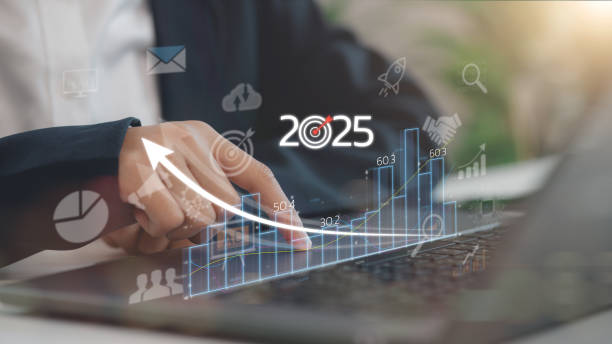Artificial Intelligence (AI) is no longer a futuristic concept—it’s a transformative force reshaping industries across the globe. From automating mundane tasks to revolutionizing customer service, AI is changing the way businesses operate, compete, and grow. Whether you’re a startup founder or a corporate executive, understanding AI’s impact is essential for staying ahead in today’s fast-evolving marketplace.
Contents
1. Automating Repetitive Tasks
AI excels at handling repetitive, time-consuming tasks with speed and precision. Businesses are using AI-powered bots to automate:
- Data entry and processing
- Inventory management
- Appointment scheduling
- Invoice generation
By automating these tasks, companies reduce human error and free up employees to focus on higher-value work, such as strategy, innovation, and customer engagement. To further optimize financial operations, many organizations are now integrating AI with invoice management solutions, enabling seamless tracking, approval, and reconciliation of invoices within a unified system.
2. Enhancing Customer Service
Chatbots and virtual assistants are now the front line of customer support. AI-driven tools provide 24/7 assistance, answer common queries, process returns, and even recommend products. This not only improves the customer experience but also reduces wait times and operational costs.
3. Data-Driven Decision Making
AI can analyze vast amounts of data to uncover insights that humans might overlook. Businesses use AI for:
- Predictive analytics (forecasting sales, market trends, and demand)
- Customer behavior analysis
- Fraud detection
- Optimizing supply chains
This data-driven approach helps leaders make smarter, faster, and more informed decisions.
4. Personalized Marketing
AI is revolutionizing marketing by enabling deep personalization. With machine learning algorithms, businesses can:
- Tailor ads and content to individual preferences
- Recommend products based on browsing and purchase history
- Segment audiences more effectively
This boosts conversion rates and enhances brand loyalty by delivering what customers truly want—when they want it.
5. Improving Recruitment and HR
AI is transforming how companies find and manage talent. Tools powered by AI can:
- Screen resumes and rank candidates
- Predict employee turnover
- Assist in onboarding processes
- Track employee performance trends
This streamlines hiring and helps HR teams focus on culture, retention, and employee well-being.
6. Boosting Cybersecurity
As cyber threats evolve, AI is helping businesses stay one step ahead. AI-powered systems can detect unusual patterns, respond to threats in real time, and adapt to new types of attacks. This proactive defense reduces downtime and protects sensitive data.
7. Enabling Innovation and New Business Models
AI is not just about efficiency—it’s also opening doors to entirely new business models. Examples include:
- AI-as-a-Service platforms
- Autonomous delivery systems
- Dynamic pricing engines
- Voice-driven commerce
Companies embracing these innovations are redefining their industries and creating new revenue streams.
Final Thoughts
Artificial Intelligence is more than a tool—it’s a catalyst for transformation. As AI technologies continue to evolve, businesses that adapt early will gain a competitive edge, enhance efficiency, and drive innovation. The key is to embrace AI thoughtfully—leveraging it to enhance human capabilities rather than replace them. In doing so, we shape a smarter, more agile, and customer-focused future.




